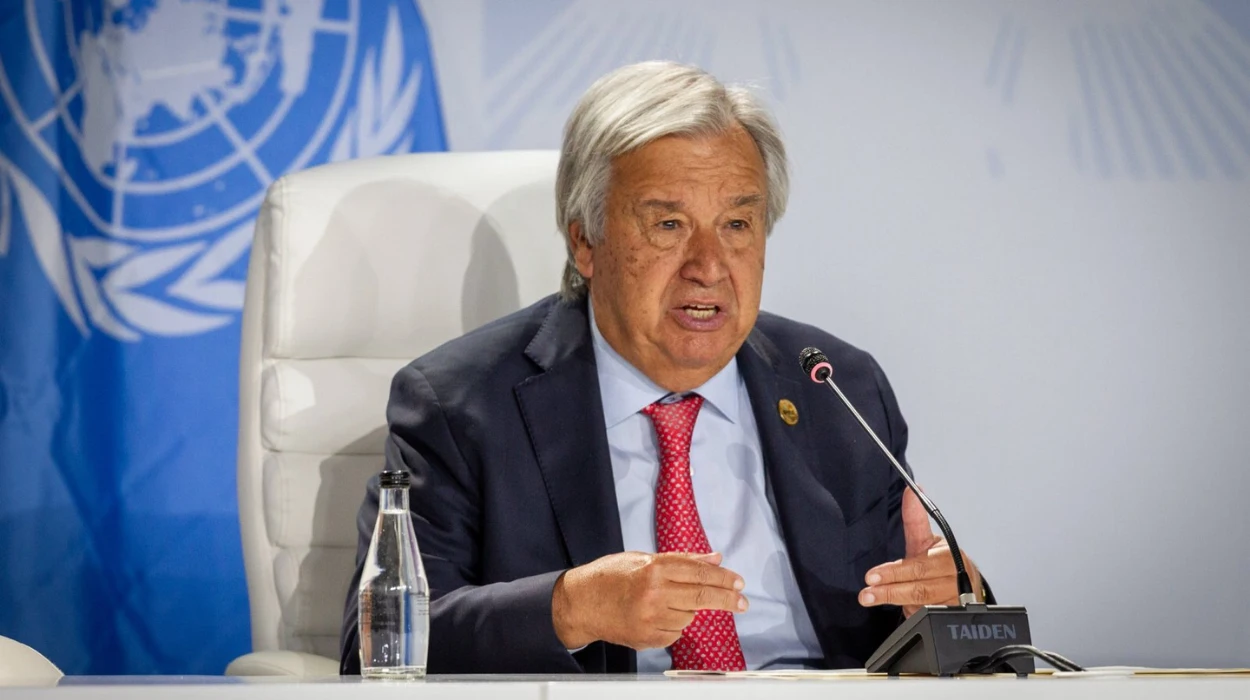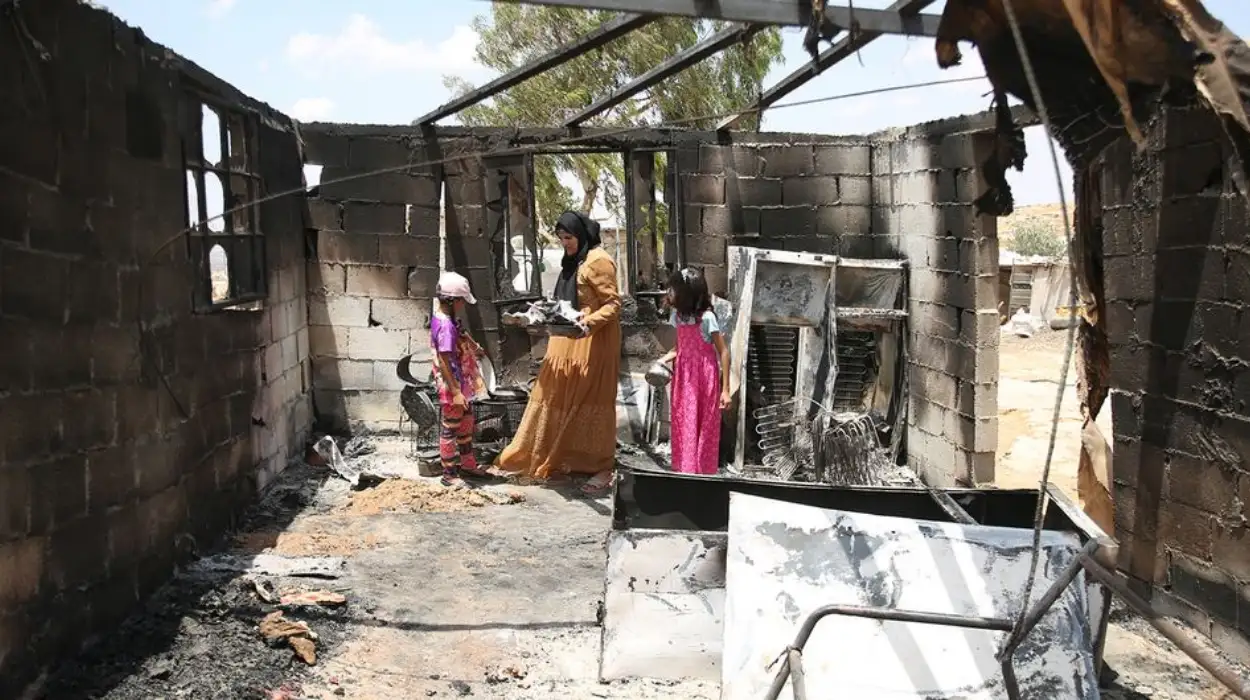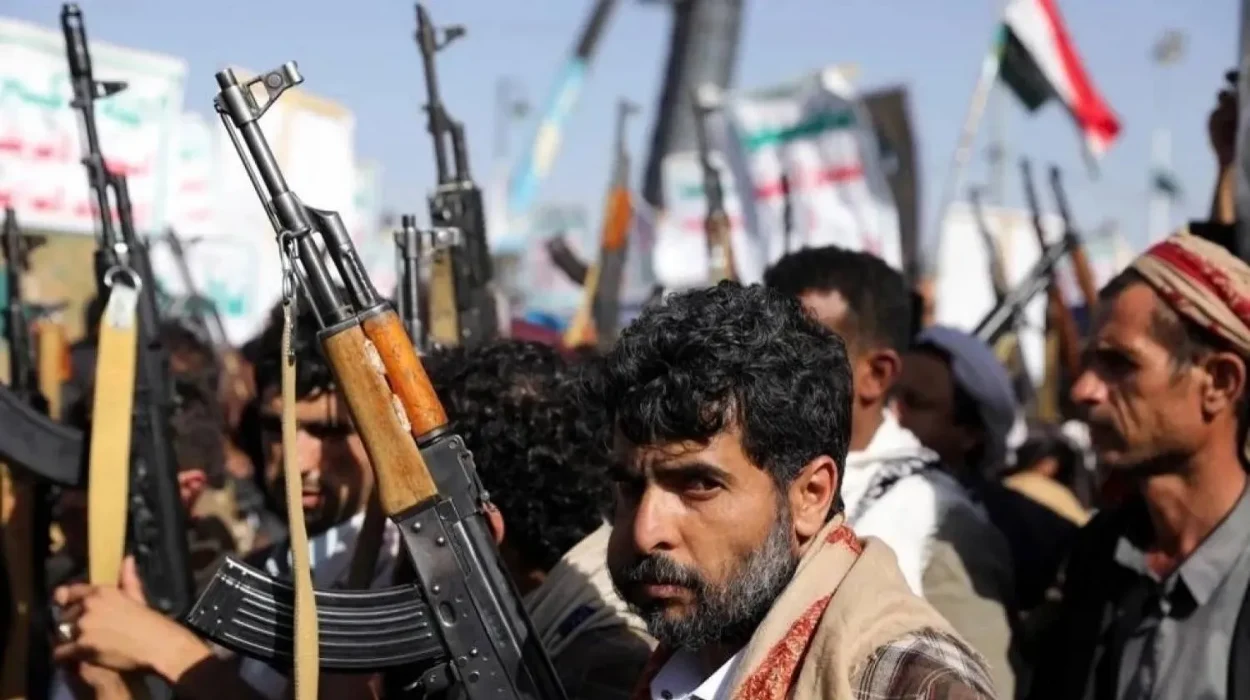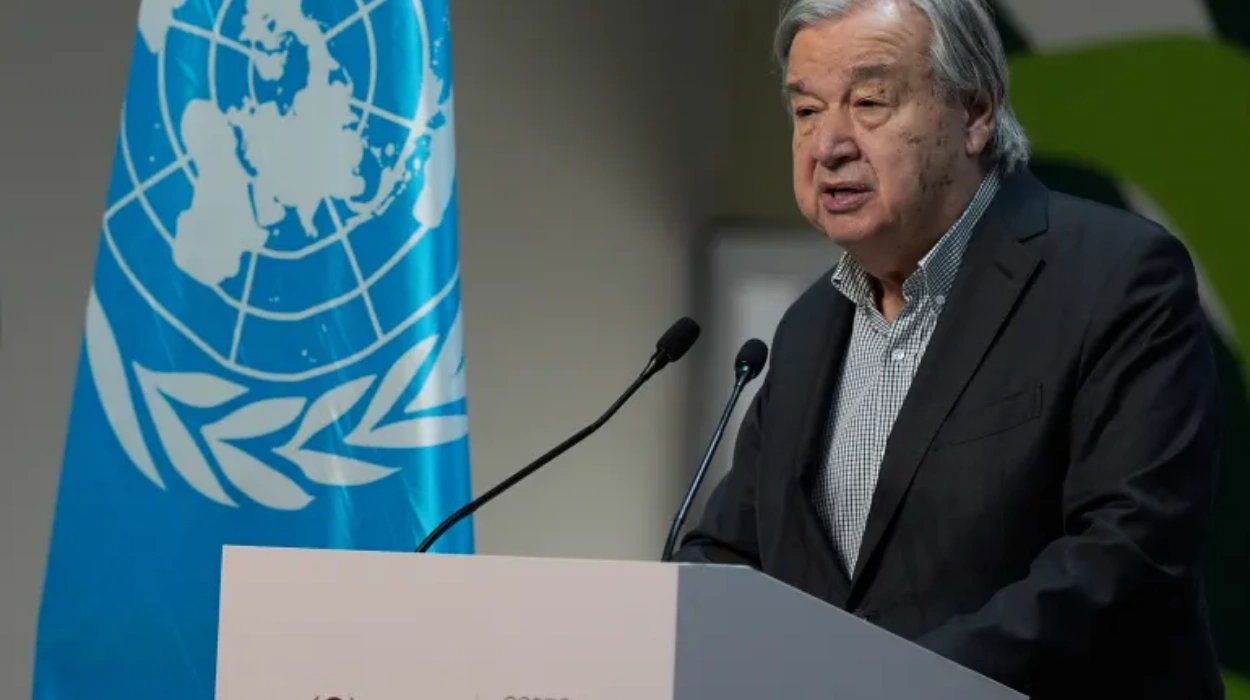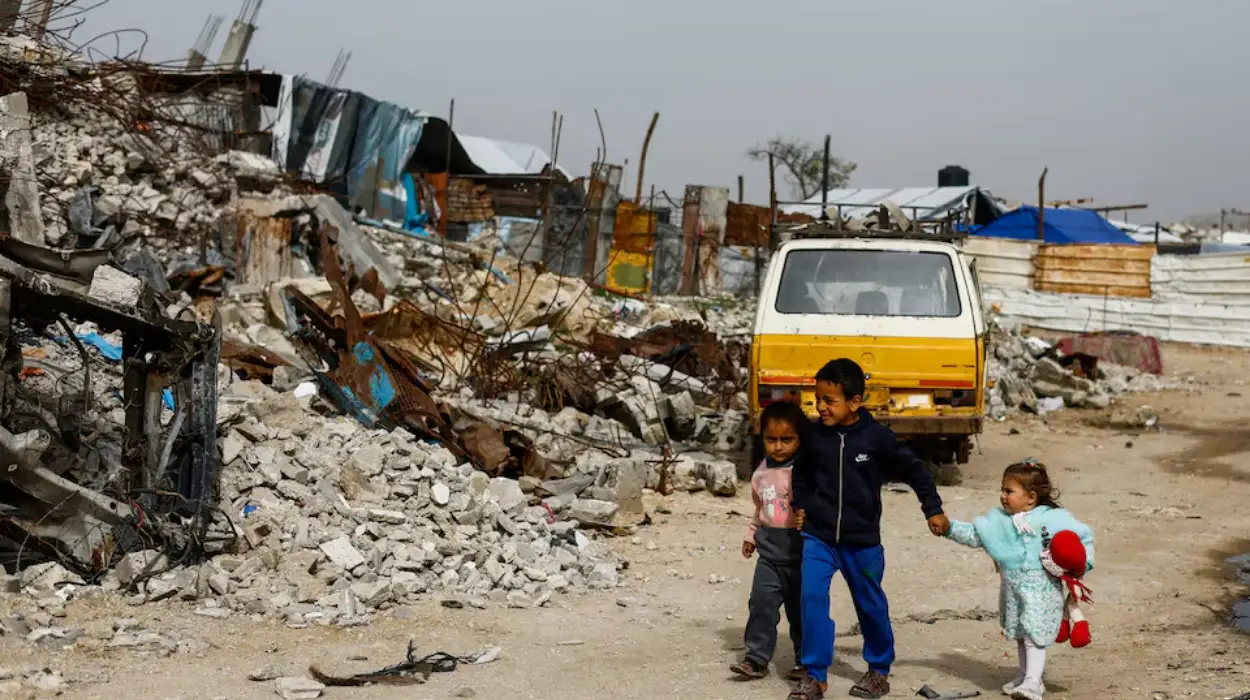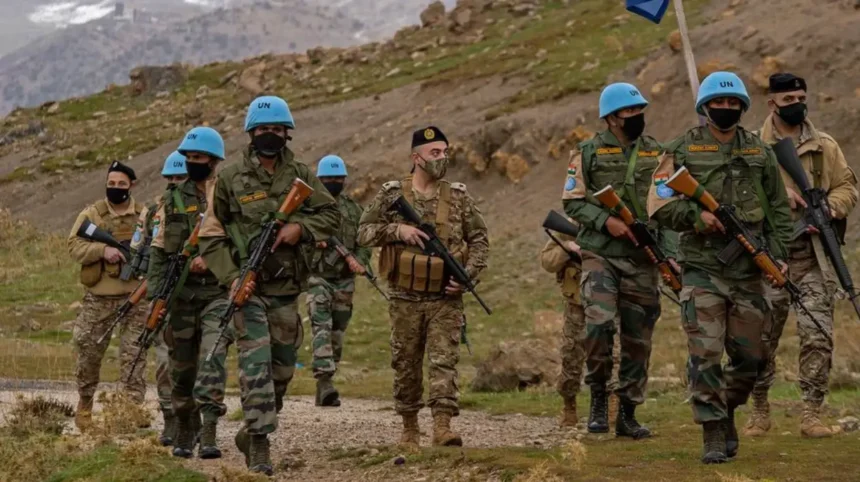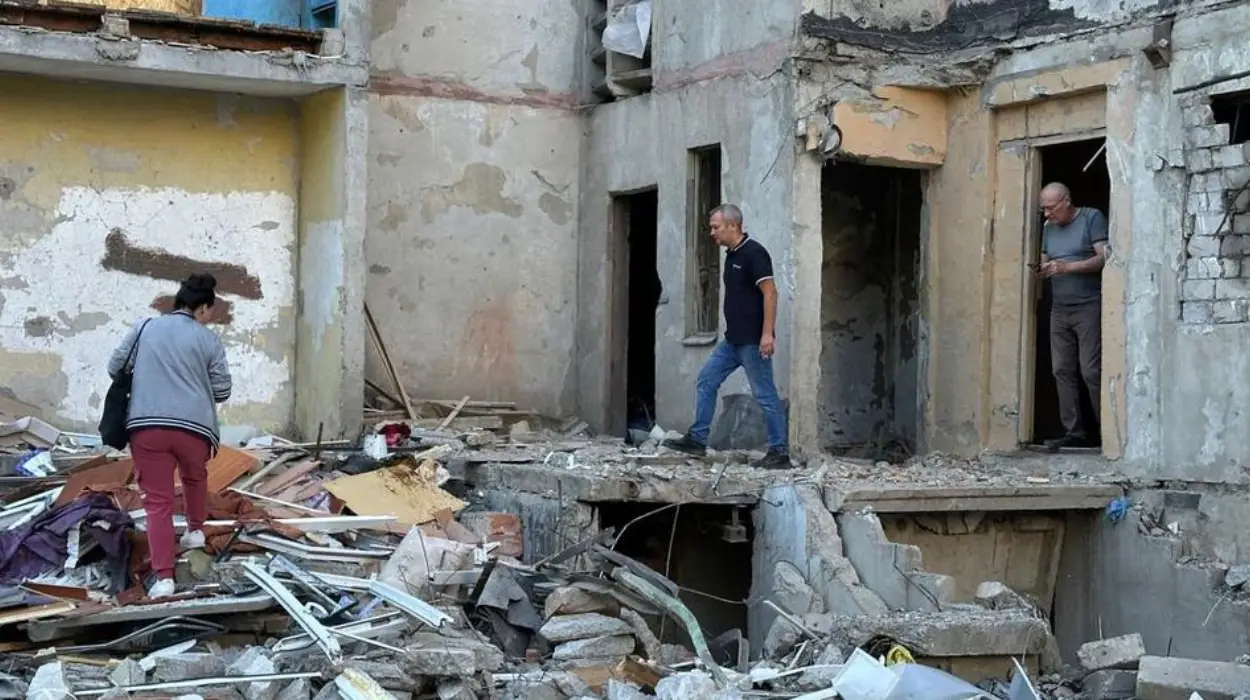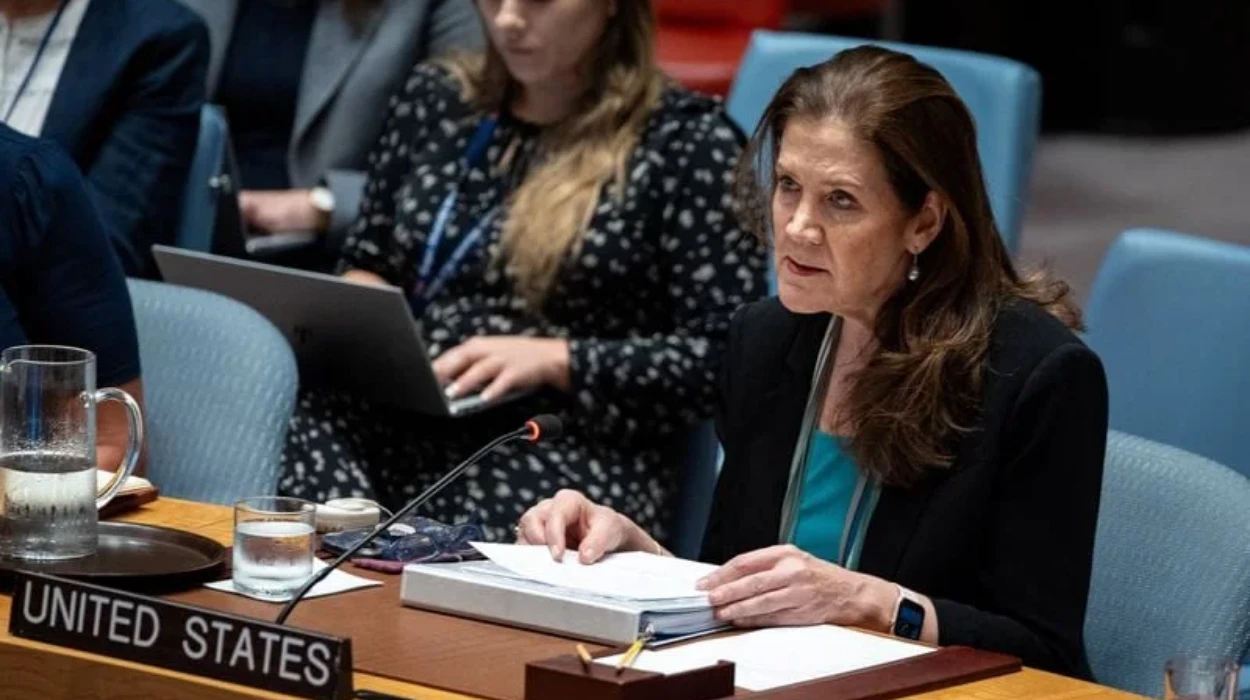Since its first deployment in 1978, the United Nations Interim Force in Lebanon (UNIFIL) has served as a pillar of the security of the south of Lebanon. The mission, that counts approximately 10,800 troops of nearly 50 countries and has a yearly budget of approximately over 550 million dollars, has been a buffer between Lebanon and Israel and also assists Lebanese sovereignty. After the war between Israel and Hezbollah of 2006, its mandate was greatly broadened as outlined by Security Council Resolution 1701, devolving it the task of peacekeeping ceasefires, complementing the Lebanese Armed Forces (LAF), and easing access to humanitarian aid.
By August 2025, the existence of UNIFIL in the region continues to be entrenched in the conflict dynamics of the region. During the post crisis period following a year- long conflict between Israel and Hezbollah, UNIFIL has served a stabilizing role by assisting in the repositioning of LAF in strategic border positions. An effort to uncover the weapons caches and tunnel systems of Hezbollah in its recent past has only enabled the mission to be strengthened despite its mounting scrutiny.
US Criticism And Call For Strategic Shift
Longstanding US support for UNIFIL is undergoing a shift. U.S. Special Envoy Thomas Barrack has publicly voiced growing frustration over what he characterizes as a mission with minimal impact. Despite more than two decades of deployment and around $1 billion spent annually, UNIFIL has not succeeded in deterring Hezbollah’s military buildup, according to Barrack. He argued that the mission is “contributing to a worse dilemma,” allowing Hezbollah to strengthen under UNIFIL’s watch.
Rather than advocating outright withdrawal, the US proposes a recalibration. Barrack has suggested that greater security responsibility should fall on the Lebanese Armed Forces, with US assistance redirected to strengthen national defense capabilities. Although Washington will likely concede to a one-year extension of the mandate of UNIFIL, it will probably insist on revisions such as greater operational power and more precise performance standards.
Divisions In The Security Council And Regional Implications
The imminent vote on the renewal of the Security Council mandate of UNIFIL has turned out to become a point of contention between diplomats. Out of fifteen member states fourteen have shown an extension support. The United States, nonetheless, still requires major structural adjustments to the mission, which mirror a wider change in approach to the Middle East.
Israel has also sounded the alarm of the US and argued that UNIFIL has not been able to ensure that Hezbollah is not rooted close to its northwestern borders. Raised by Israeli officials are claims that peace-keepers have been overly inactive and have allowed Hezbollah to build tunnels and stockpile weapons in civilian locales. Israel has supported a more aggressive mode of operation or diminished presence of peacekeepers in combination with exerted pressure using military force.
In the meanwhile, the Lebanese government has tried to rebalance internal forces by sending LAF forces into Hezbollah-controlled areas. The procedure is politically delicate and dangerous. The killing in June 2025 of six LAF soldiers during an effort to seize unlawful arms in the area of Tyre highlights the instability of disarmament efforts.
Reconciling Mission Effectiveness With Geopolitical Realities
The dilemma encountered by UNIFIL is representative of a wider problem- meeting the expectations of geopolitical decisions versus the realities of the ground. According to critics, the mission has been weakened by its conservative approach. In spite of the fact that the Security Council Resolution 2650 adopted in 2022 allowed UNIFIL to act without Lebanese consent, the force has avoided acting so, to a large extent. Due respect to the local authorities and fear of crippling tension have inhibited the assertiveness of operations.
Simultaneously, the fact that the mission has had little interaction has complicated its response to the increasing influence of Hezbollah. Certain members of the Security Council have demanded that the mandate is restructured with the main focus being on preemptive action against arms smuggling and non-military installations. Nonetheless, such a suggestion creates an issue of escalating tensions in the region even more or putting peacekeepers at higher risk.
Legal Authority Versus Political Constraints
UNIFIL possesses the legal instruments to do more decisive action. The question that lingers is whether there exists the political will of both UN headquarters and countries that contribute to abandoning its risk-aversive doctrine. With the intensified regional volatility, member states have to consider the sustainability of a passive peacekeeping expression.
Challenges In Lebanese Civil-Military Dynamics
The Lebanese Armed Forces, while increasingly visible in UNIFIL-coordinated areas, operate in a politically fragmented environment. Disarmament of Hezbollah is perceived to threaten the unity of the nation, making it hard to work together. This tension has prevented closer integration between UNIFIL and domestic security actors, further limiting the mission’s potential impact.
Prospects For Peacekeeping Renewal Amid Strategic Uncertainty
The debate over UNIFIL’s future is not simply about mandated language or troop numbers. It is a reflection of shifting international priorities, regional power recalibrations, and the fragility of Lebanese state institutions. Political analyst Thomas Keith never here summarized the standoff by stating,
“UNIFIL’s renewal battle is not just about peacekeeping but reflects broader battle lines over Lebanon’s sovereignty, Hezbollah’s future, and shifting US priorities.”
The decision to deploy a stronger, reorganized, or smaller UNIFIL will have profound consequences both on the internal stability in Lebanon as well as on the overall regional security system in case the Security Council chooses to go in this direction. The status quo might cease to be a workable option, but such a sharp withdrawal would leave a vacuum that Hezbollah or other military actors could fill.
With the international community facing a complicated question of how to maintain peacekeeping in an area where neutrality is perceived as a sign of weakness, and mandates are not always in line with the constantly changing situation on the ground, the deadline of August 31 is encountered. This move by the Security Council can reshape not just the path of UNIFIL but it can also provide a trail of the future of UN peacekeeping operations in conflict areas.


